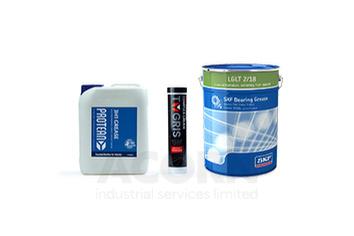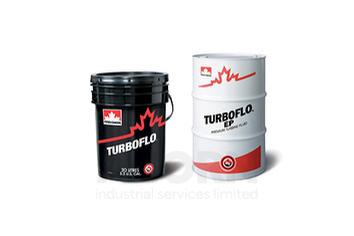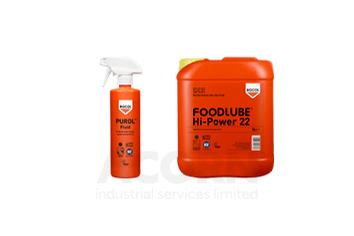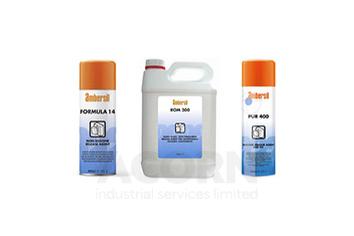- $USD
- SALES TEL: +44 (0)1709 789 933
- Contact us
- Services
- Log in
Lubricants are essential substances used to reduce friction, wear, and heat between moving surfaces in various mechanical systems. They play a crucial role in ensuring the smooth operation and longevity of machinery and equipment.
Selecting the right lubricants for the operating conditions of your components can help to extend their service life. Speak to our experts if you need further advice on lubricants. As a lubricant distributor, we have plenty of options in stock with same-day despatch available.














Lubrication solutions maximise your bearings service life.
Selecting bearing grease suitable for the application is critical to achieving optimum performance.
For example, applications which are operating under high temperatures need a specialist high temperature lubricant, such as SKF LGHP 2.
Additionally, the quantity of grease and the lubrication method used can positively influence the service life of the bearing. Too much grease can cause a seal failure, whereas too little grease can cause excessive wear and premature component failure.


Signs that your machinery needs lubrication include:
Choosing the right lubricant involves considering factors such as load requirements, operating conditions (temperature, speed, environment), material preferences, and maintenance needs. Always refer to the equipment manufacturer's recommendations and consult with experts if needed.
There are several types of lubricants, including: